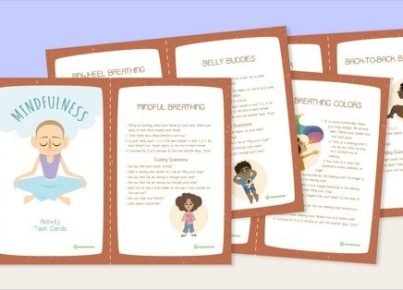Introduction
Initiating conversations about drugs and alcohol can be difficult, especially when discussing the topic with friends, family members, or even strangers. However, it is important to open up these discussions in order to create awareness, educate, and ultimately work together towards a healthier society. Here are ten conversation starters that can help spark meaningful discussions on drugs and alcohol.
1. Personal experiences
A good way to start a conversation is by sharing a personal experience regarding substance use. This allows others to connect with you on an emotional level and opens up the opportunity for them to share their own experiences.
Example: “Back in college, I had a roommate who struggled with alcohol abuse. It really opened my eyes to the impact substance abuse can have on someone’s life.”
2. Facts and Statistics
Share facts or statistics about drug and alcohol use to create awareness and convey the severity of the issue.
Example: “Did you know that alcohol contributes to approximately 3 million deaths globally each year?”
3. Pop culture references
Movies, TV shows, and music often portray drug and alcohol use. Discussing these portrayals can open a dialogue about the realities and misconceptions surrounding substance abuse.
Example: “Have you seen ‘A Star is Born’? The movie’s portrayal of addiction was brutally honest. What do you think about how it was depicted?”
4. News stories
Use recent news stories related to drugs or alcohol as a conversation starter. Popular topics might include legalization developments or celebrity rehab stories.
Example: “I read that Portugal has decriminalized drug use and focused on harm reduction instead of punishment. Do you think this approach would work in our country?”
5. Overcoming addiction
Discuss inspiring stories of individuals who have overcome addiction, which can help others feel more hopeful about their own situations.
Example: “I heard about someone who battled addiction for years and is now a successful entrepreneur. Isn’t it amazing how people can turn their lives around?”
6. Family or friends
If you know someone affected by drugs or alcohol, share their story to encourage a more empathetic conversation.
Example: “My cousin has been in and out of rehab for years. It’s heartbreaking to see the impact on their family.”
7. Influential persons or role models
Discuss public figures who have spoken openly about their struggles with addiction, which can help normalize these difficult topics.
Example: “I respect how candidly Demi Lovato has talked about her struggle with addiction. Do you think her openness helps reduce stigma?”
8. Substance abuse prevention
Talk about strategies for preventing drug and alcohol abuse, especially among young people.
Example: “Schools today are taking a proactive approach to drug and alcohol prevention. Do you think early education makes a difference?”
9. Health implications
Discuss the mental and physical health implications of drug or alcohol use to emphasize the need for vigilance in these areas.
Example: “Alcohol consumption can lead to liver disease and even cancer. Do you think society downplays these risks?”
10. Recovery resources
Share information about local support groups, treatment centers, or recovery tools that you have come across recently.
Example: “I noticed a new rehab facility opening soon in our area. It’s great to see more resources becoming available for those struggling with addiction.”
Conclusion
Initiating a conversation about drugs or alcohol does not have to be awkward or intimidating – start with one of these conversation starters to open up the dialogue and help foster understanding and support for those facing substance abuse issues.





